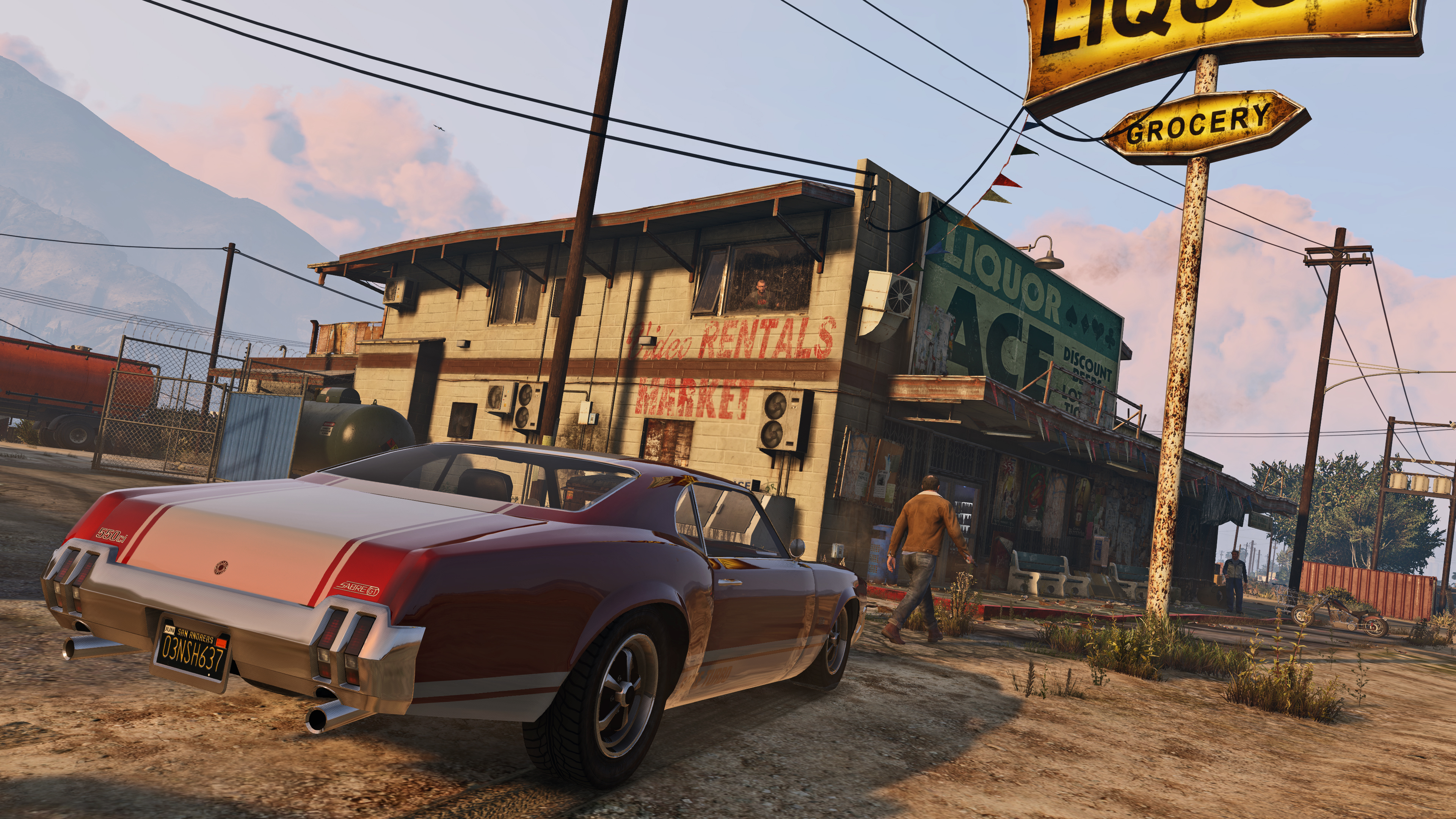Grand Theft Auto is being used to teach the driverless cars of the future
Making use of a virtual world

Sign up for breaking news, reviews, opinion, top tech deals, and more.
You are now subscribed
Your newsletter sign-up was successful
Grand Theft Auto's speeding, drive-bys and frequent crashes might not seem like an ideal model to base driverless cars on, but that hasn't stopped several groups from using the game in their research.
The news comes courtesy of Technology Review, who have reported that scientists are using the game to feed machine-learning algorithms.
But before you start dreaming of how your self-driving car will be able to help you evade a 5-star wanted level, we should clarify that researchers are more interested in the virtual world of GTA5, rather than the hijinks that most people get up to in it.
A thirst for data
One of the biggest problems faced by driverless car technology is the sheer variety of different environments any one car is likely to encounter.
It has to be clever enough to identify an infinite number of different vehicles and pedestrians, in any number of different road configurations.
One of the main ways of dealing with this variety is to throw a huge amount of visual data at the software to train it to understand the sheer variety of different driving conditions.
This is where a game like Grand Theft Auto 5 comes in. It offers a series of high-fidelity roads for researchers to send a virtual car around, as well as pedestrians and other road vehicles with unpredictable behaviour for the driverless car to react to.
Sign up for breaking news, reviews, opinion, top tech deals, and more.
Using the game, researchers can pour environmental data into their algorithms without the costs or safety concerns associated with sending a car out onto the roads. They can also do it much more quickly.
So while we might not see driverless cars engaging in the kinds of wanton destruction that are typical in a GTA game, there'll nevertheless might end up being a little bit of Rockstar's magic in the driverless cars of the future.
Via: Jalopnik

Jon Porter is the ex-Home Technology Writer for TechRadar. He has also previously written for Practical Photoshop, Trusted Reviews, Inside Higher Ed, Al Bawaba, Gizmodo UK, Genetic Literacy Project, Via Satellite, Real Homes and Plant Services Magazine, and you can now find him writing for The Verge.